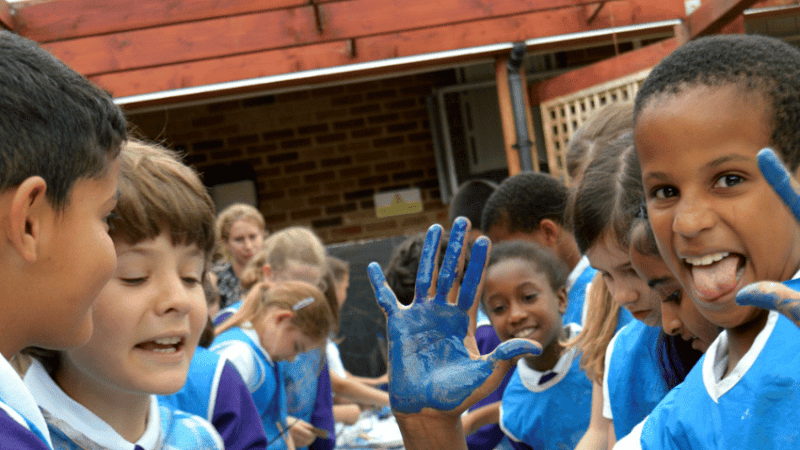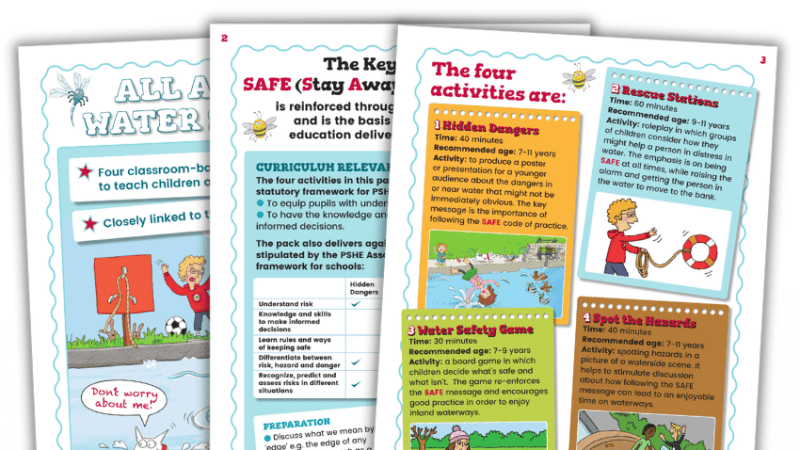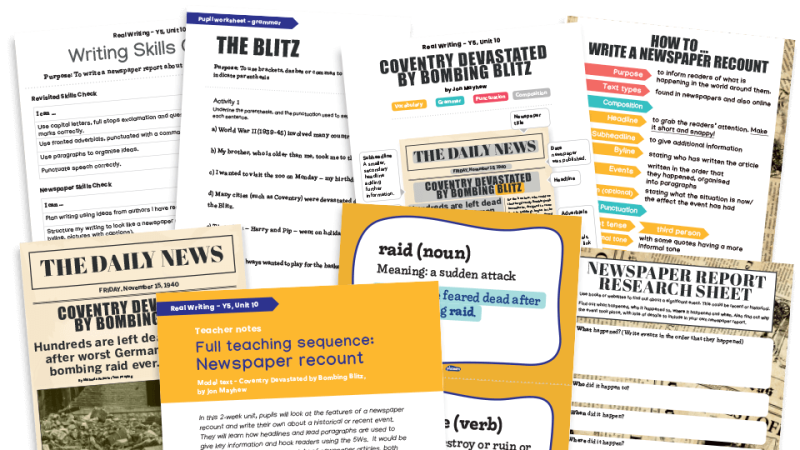Reading for Pleasure - How can we impart a love of literacy to KS3 and KS4 learners?

Gabrielle Cliff Hodges and Liz Chamberlain of the UK Literacy Association (UKLA) examine the efforts made in recent years to engage teenagers with reading and writing, and ask whether it might be worth pursuing a different approach… The National Literacy Trust’s Children’s and Young People’s Writing in 2014 survey begins with some heartening findings, which […]

Gabrielle Cliff Hodges and Liz Chamberlain of the UK Literacy Association (UKLA) examine the efforts made in recent years to engage teenagers with reading and writing, and ask whether it might be worth pursuing a different approach…
The National Literacy Trust’s Children’s and Young People’s Writing in 2014 survey begins with some heartening findings, which show that the number of young people who say they enjoy writing has grown over the previous four years. Daily writing and attitudes to writing are otherwise largely unchanged – but the findings also raise some concerns.
The research found that upper primary children enjoy writing more than young people in lower secondary. Although writing enjoyment for KS3 and KS4 students has increased slightly over the last year, it is still lower than at KS2.
There is much to interest teachers in this recent report – such as young people’s increased engagement with writing outside class through text messages, emails, social networking and instant messages, which continue to dominate the types of writing that young people say they engage with. There is also a substantial proportion of young people and children who enjoy writing letters, lyrics, diaries, fiction, poems and blogs.
More than words What emerges is a subtle, complex picture of writing, as reflected in the UKLA report Teaching Writing: What the evidence says, which notes that, “Writing these days is not just about the words alone.” How we define writing as teachers and practitioners is also important in ensuring young people understand that whilst writing may not appear to be involved in a vlog, a YouTube film clip or game coding, it is most definitely part of the process.
Supporting this is research drawn from the Writing Voices: Creating Communities of Writers project (Cremin and Myhill, 2012). In the book, a teenage boy explains why he does not enjoy writing as much as he used to in primary school. He cites the difficulty he has writing fiction is because he is a talented science and mathematics student, and feels that he writes in a way which is not conducive to English. He argues that, “My mind is more practical and I can see a definitive answer to things, whereas I find it hard in English not having a definitive answer, so writing isn’t easy.” (p99)
The book captures how young people create and craft texts, and what happens once they understand that writing needs to be about meaning – about communicating thoughts and ideas to an audience, be it themselves, their classmates or a potential employer.
Good for business Many young people know that being a good writer is no guarantee of employment. Only half of pupils surveyed by the National Literacy Trust agreed that being good at writing will get them a better job – yet young people also need to know that writing happens in the workplace, and that it is important whatever your chosen job, whether you are an apprentice, a graduate or a trainee.
There is a role for business leaders within this debate. Local businesses should be encouraged to visit schools, make the writing that happens in their workplace visible and bridge this apparent ‘school-writing’ and ‘real-world’ writing divide. The National Literacy Trust’s ‘Words for Work’ programme, for example, helps young people to increase their employability by working with volunteers from local businesses to prepare for the fresh writing demands they will face as they embark on their careers.
The Book Trust’s highly popular ‘Everybody Writes’ project, meanwhile, acknowledges the importance of role models being seen to be writing – in the workplace, in the local community, on television and elsewhere. Encouraging role models for writing, be they teachers, parents or employers, will transform how writing is viewed in much the same way as the high profile ‘reading for pleasure’ campaigns of recent years.
We know that such campaigns work, because young people who expressed their views about writing in the aforementioned survey are the same young people who say that they choose to read for pleasure and are doing so more often.
The enjoyment factor What the writing debate also needs is teachers who are prepared to research their own classroom practice and design projects that investigate those approaches and attitudes that will help their students to develop as writers – and crucially, why.
Such teachers will be able to find out more about why particular approaches and attitudes, such as writing for authentic audiences and purposes, tends to result in greater enjoyment and a better quality of writing.
The developing writers cited in this report are quite clearly telling us something; that they are more likely to enjoy writing if they get to choose the mode and technology of their writing.
Gabrielle Cliff Hodges is a senior lecturer in education at the University of Cambridge and a former secondary English teacher. Liz Chamberlain is a senior lecturer in primary education at the Open University and a former primary teacher.
You can download Eden Learning Spaces’ ‘Reading for Pleasure’ KS1 English activity from Teachwire’s resource archive.
For more information, visit www.literacytrust.org.uk or follow @Literacy_Trust











